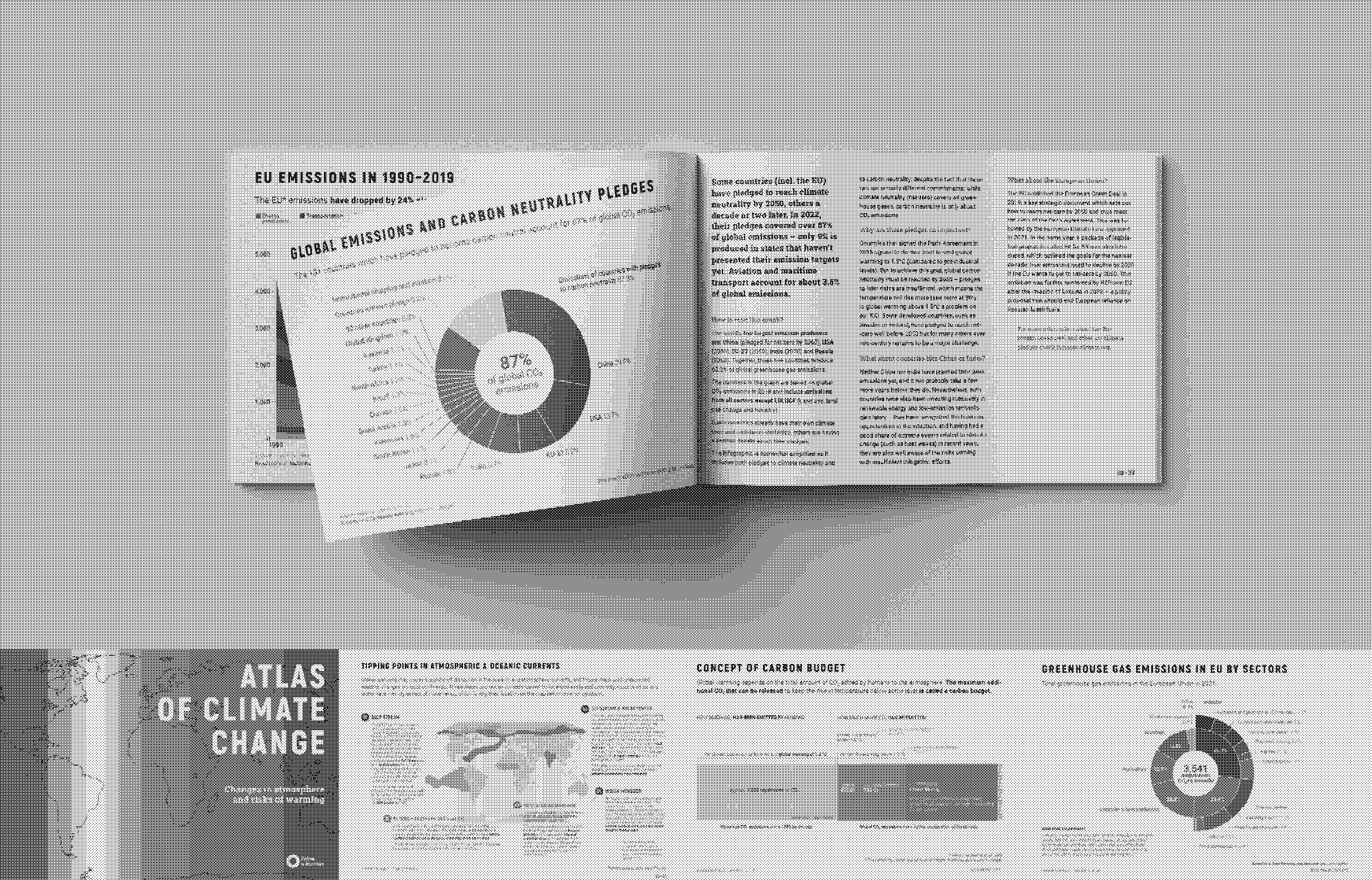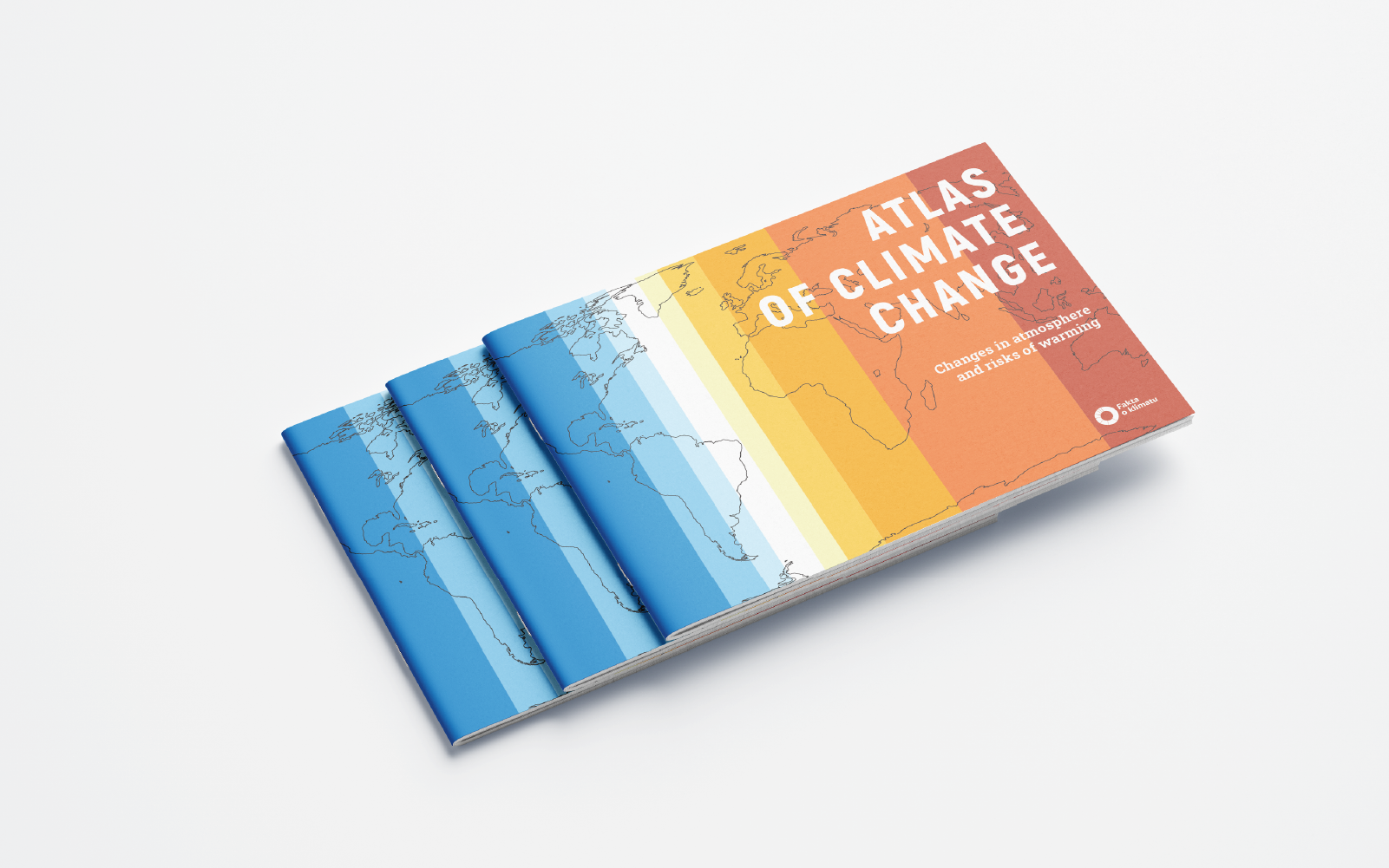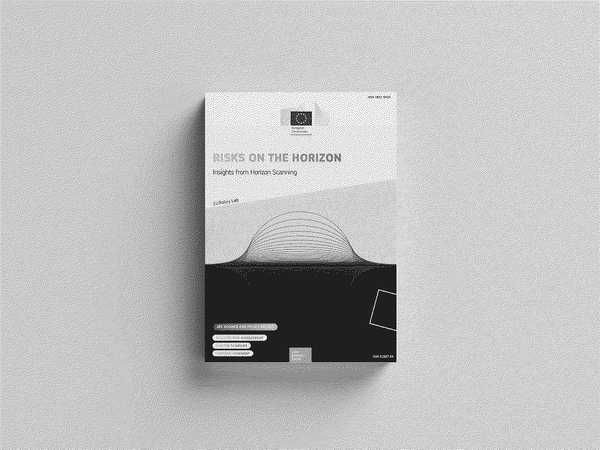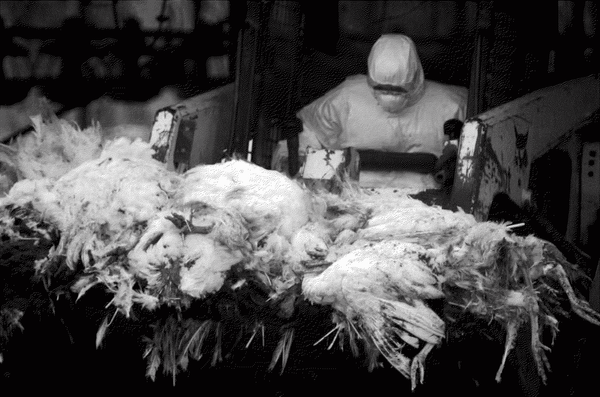Atlas of Climate Change
Communicating facts about climate change is challenging. The Atlas of Climate Change features easy-to-use communication material to support you.

This booklet features easy-to-use maps and infographics that summarize key facts about climate change and provide relevant context.
This material can be valuable for teachers, students, influencers, as well as political and business decision makers. It is primarily intended for non-expert users who want to learn more about one of the greatest challenges that our civilisation is facing today, and who need – as a company, organization or individuals – to be able to successfully navigate through the many changes it brings.
What will you find inside?
- Introduction to climate change – what it is all about and why global warming above 1.5 °C is a problem
- Concentrations of carbon dioxide – how these concentrations were changing in the past and how they oscillate around the year
- Temperature changes – how different areas on Earth are warming at different speed and why the warming in the 20th century is so fast
- How warming is related to increasing CO2 concentrations – this section includes information about research history of greenhouse effect, the concept of carbon budget and emission pathways related to the Paris Agreement
- Greenhouse gas emissions in global context – what has changed since 1990, what emissions are produced in different sectors (and how these can be reduced), what is net-zero and which countries have pledged to it
- Other sources of reliable information on climate change – a list of inspiring books and useful websites
How to use this to design less predictable futures?
Create a sense of urgency to make people stop using tiktok
This atlas can be downloaded for free on Fakta o Klimatu website. The Atlas is free to use for non-commercial purposes under the terms of the CC BY-NC 4.0 licence

About Fakta o klimatu
The debate about climate change is complicated and full of emotions, half-truths, and myths. Fakta o klimatu wants to draw attention to the most important issues and build bridges between scientists and all people who are affected by climate change. They are an independent think tank and their budget is based on donations and grants.





